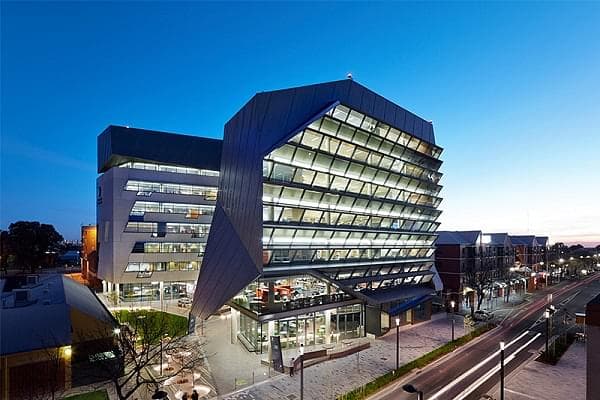Master of Engineering (Electrical Power) at University of South Australia
Adelaide, Australia
- Tuition Fee AU$ 38,800
- Country Rank-
- Duration24 Months
- Score IELTS: 6 TOEFL: 60
Program Overview
In this master degree, you will study advanced topics in electrical power systems, such as the operation and control of modern power systems; renewable and distributed energy generation; and advanced modelling of electrical machines.
Incorporating strong theoretical teaching, experience-based learning and modern facilities, we offer the ideal academic blend for graduates to meet the challenges of modern enterprise. Learning is supported by world-class engineering research and industry experience to help advance your expertise and career opportunities.
Graduate career-ready by completing the UniSA STEM Professional Practice Program and gain at least 450 hours of skills and competencies through a range of engagement activities such as placements, internships, guest lectures, industry panels, site visits, networking and events.
If, for any reason you cannot continue your study and you decide to exit this degree having successfully completed the first semester, you may be eligible to receive a graduate certificate qualification. If you have successfully completed the first year, you may be eligible to receive a graduate diploma qualification.
Cost Of Studying At University of South Australia
Interest rates as low as 8.9% *
250K+
Students Assisted
800Cr+
Loan Amount Disbursed
5000+
Loans Sanctioned
